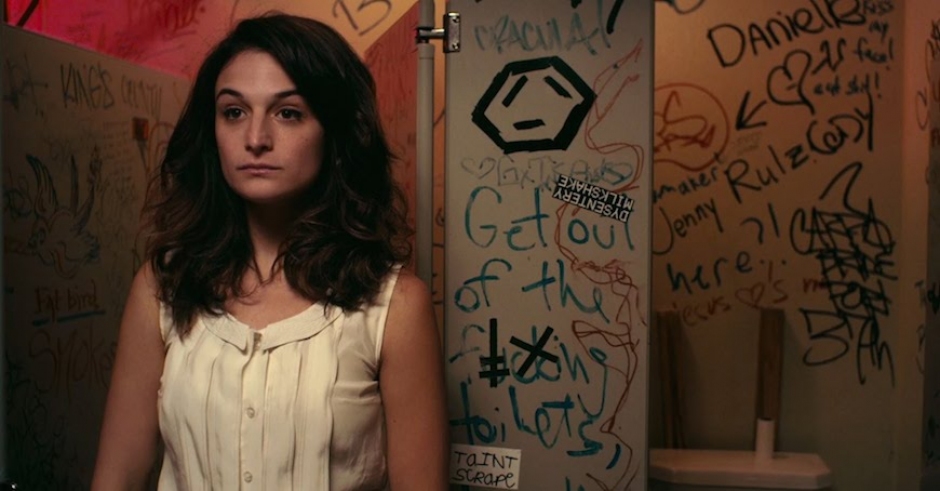 Dudes, Go Down On Your GirlDon't be lame.
Dudes, Go Down On Your GirlDon't be lame.

CinePile: Obvious Child Review
A film about abortion that is enjoyable...and funny?
Obvious Child, Directed by Gillian Robespierre
Is it weird to say a film about abortion was really enjoyable, and funny? Because independent film Obvious Child is an immensely likeable, and hugely human film, and an admirably forthright look at a topic that for some reason is treated with such grave solemnity in film that most films won’t even say the word, despite the fact that if you’re a 20-something girl reading this, there’s every likelihood you or someone you know has had an abortion – it’s something audiences can relate to. Obvious Child joins television shows Girls and Broad City in their mission to remedy the fact that up until this point most heroines on screen bare little resemblance to real women in our daily lives, and to create relatable, emotionally honest female characters with flaws, and depth.
Originally starting life as a short at Sundance, the enthusiastic response to the film encouraged director Gillian Robespierre to expand it into a full-length feature. The film’s protagonist is the intelligent and funny-as-hell Donna (Jenny Slate), who spends her days working in a bookshop and her nights riling up audiences in comedy clubs with her over-sharing, Sarah Silverman-esque stand up (forthcoming with jokes about panty stains and flatulence). After a one night stand with one of her audience members, straight-laced Max (Jake Lacy), Donna accidentally gets pregnant. It takes several weeks of flirting and fighting to realize they may mean more to each other than just a one-night stand, and Donna eventually decides to tell Max - their first proper date ends up being the clinic procedure, to which Max rocks up to with flowers.
This film is refreshing in that it has none of the melodrama or ordeal of other abortion films, and doesn’t go for the crowd-pleasing, Juno-like ending – Donna’s is a regret-free abortion (it happens early in the film, spoiler-phobes); and once it’s done, it doesn’t continue to propel the narrative or ruin Donna’s life (although neither does the film downplay the emotional ramifications an abortion can have on even the strongest woman) or end her chance at a relationship - instead Max is accepting and never seems to anger no matter how bad Donna’s behaviour gets.
Obvious Child called to mind the second episode of Girls, when Shoshanna, Marnie, and Hannah agree to take Jessa to her appointment, and the flaky (but really frightened) Jessa instead spends the afternoon drinking White Russians and hooking up with a stranger as the girls leave her angry messages: “Uh, hey. You’re pregnant when you don’t want to be. So you might want to come have your abortion now. Thanks.” Obvious Child breaks similar onscreen ground: the abortion talk is the comic relief; and in shocking you into laughing, it might actually do great things to desensitise a lot of the stigma the subject carries.
Obvious Child is now showing at arthouse cinemas around the country
 Dudes, Go Down On Your GirlDon't be lame.
Dudes, Go Down On Your GirlDon't be lame.
 CinePile: In Defence Of Tom CruiseSo what if he’s crazy? Dude makes good movies.
CinePile: In Defence Of Tom CruiseSo what if he’s crazy? Dude makes good movies.